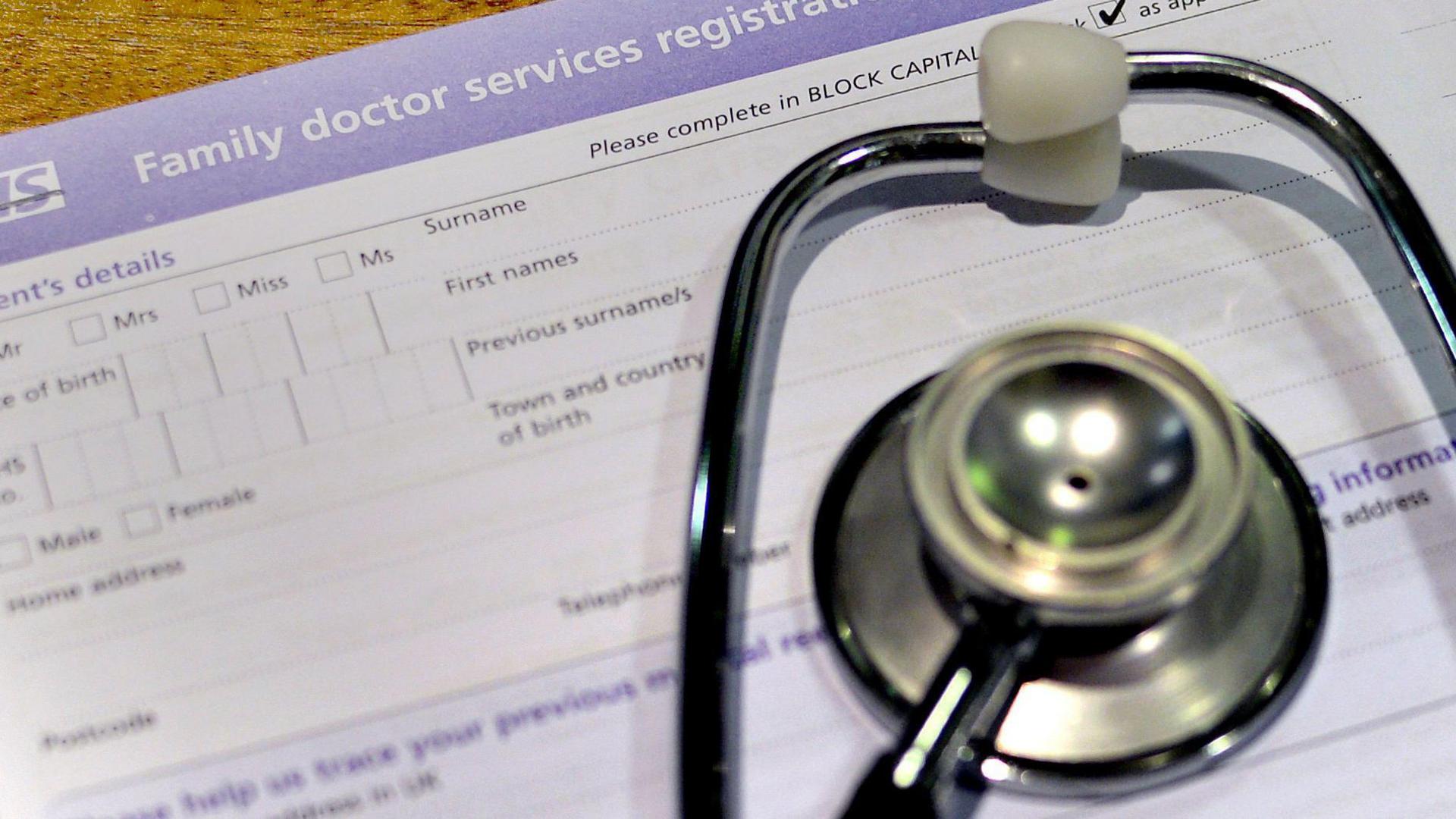GP suspended for withholding drugs convictions

The young doctor was suspended over failing to declare a drugs conviction
- Published
A trainee GP who failed to declare two drugs convictions when applying to work in the UK has been suspended following a disciplinary hearing.
Dr Sean Welsh, who began GP training in Liverpool in February, did not reveal that he had been given a suspended jail sentence in Malta for receiving ketamine and cannabis in the post.
The Medical Practitioners Tribunal Service (MPTS) upheld a misconduct allegation brought by the General Medical Council (GMC), the body which regulates doctors.
It ruled Dr Welsh's fitness to practise was "currently impaired" by both his conviction and his failure to disclose it.
The hearing was told Dr Welsh qualified in 2020 from the University of Malta and completed foundation training with Blackpool Teaching Hospital NHS Trust in 2022.
Two years earlier he had been given a suspended jail term by a Maltese court.
In a statement to the hearing the young doctor said he was persuaded by his cousin's friend to receive some drugs which were to be posted to his Maltese address ahead of a music festival.
Dr Welsh was not going to the event and did not use the drugs. After the first package arrived - which contained cannabis - he was asked to receive a second.
This package, containing ketamine, was intercepted by Maltese Police.
He said he had agreed to receiving the drugs "against his better judgment and with some reluctance".
Rejection fear
Dr Welsh did not mention his convictions when in 2019 he applied to join the UK Foundation Programme, on which medical graduates from overseas enrol to practise in the UK.
Neither did he reveal the convictions when he applied for GMC registration a year later.
In oral evidence at the hearing, he acknowledged that his disclosure failure was serious. stating it was fear of rejection that led him to consciously and dishonestly withold information.
The Tribunal accepted "he was relatively young at the time, and that his actions, while deliberate, were not motivated by malice but by anxiety about the consequences".
It noted that many of his colleagues have "described him as an excellent clinician and expressed confidence in his professional integrity".